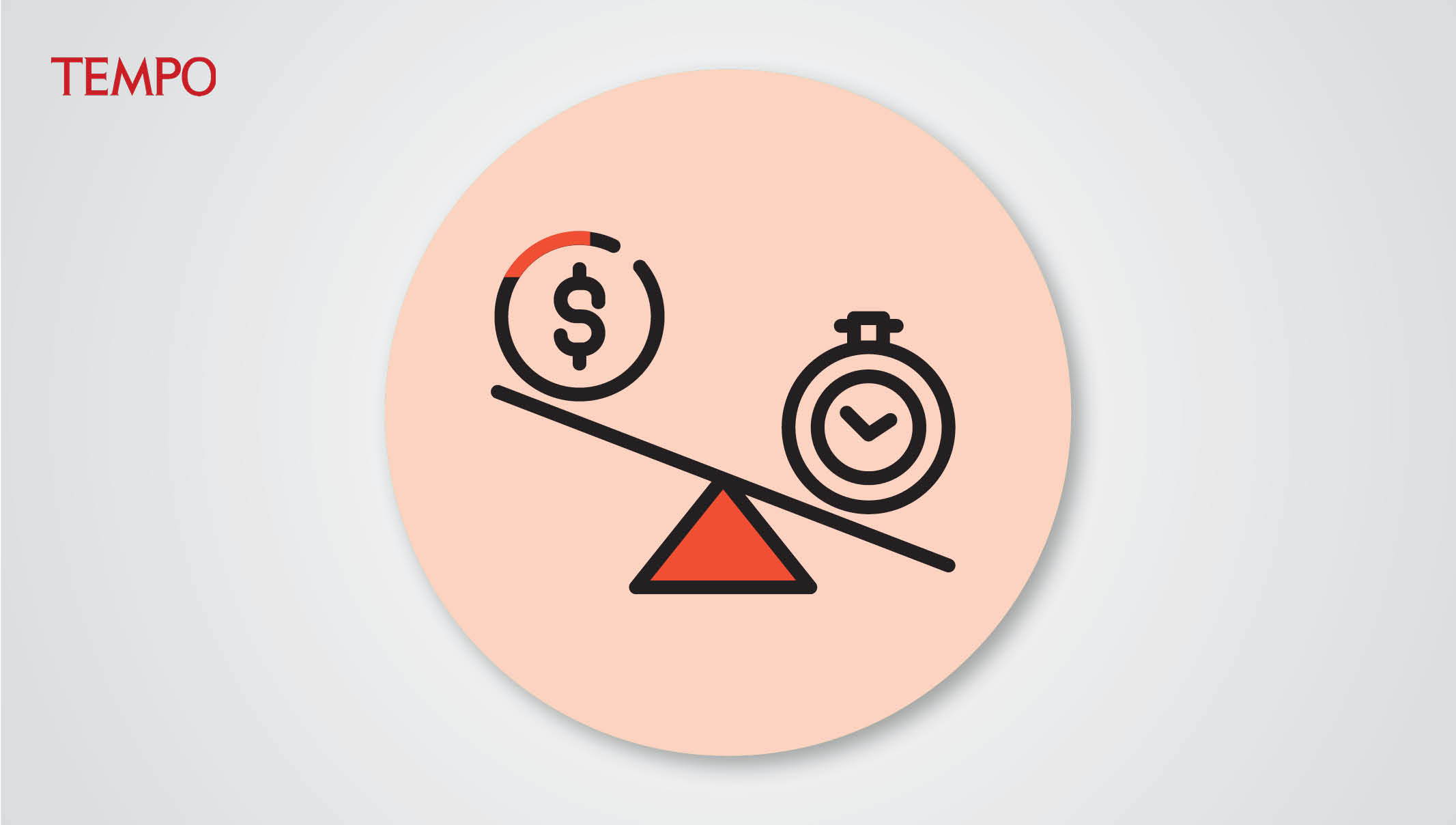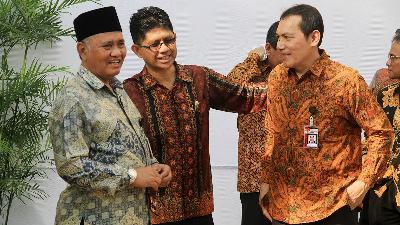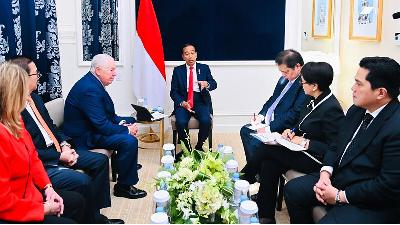The Risks in All Mineral Downstreaming Policy
Monday, December 18, 2023
Delays to the construction of the Freeport smelter reflect the problems with the mineral downstreaming policy. The state could lose money.
arsip tempo : 174535780656.

THE series of problems with the Freeport Indonesia smelter should be a starting point for President Joko Widodo to reevaluate the mineral downstreaming policy. Instead of adding value, the policy of building smelters for all kind of minerals could result in losses to the state.
The construction of the Freeport smelter in Gresik, East Java, came under the spotlight after the State Audit Agency (BPK) released the 2020-2022 Q3 mineral and coal mining management compliance audit. In this report, the BPK states that the government should demand a cumulative fine of US$501.94 million, or Rp7.77 trillion from Freeport because the company has failed to construct the smelter in line with the target.
The report states that Freeport has not complied with procedures regarding reporting the verification of progress of the smelter construction. For example, the verification report covering the period August 2020 to January 2021 was only submitted in March 2022, 13 months late.
However, at the same time, Freeport has continued to obtain government recommendations for the export of copper in order to cover the costs of constructing the smelter, which total US$3 billion, or Rp46.5 trillion. It is right to suspect that Freeport is not serious about meeting its obligations. Meanwhile, the government has been negligent in oversight and has provided exemptions in the form of export permits.
These facts are also proof of the large number of problems with mining regulations, especially the downstreaming program through the construction of smelters as mandated in the Mineral and Coal Mining Law.
Another problem is that the policy itself is misdirected. If not corrected, there is a risk that the objectives of the mineral downstreaming policy will not be achieved. Initially, the government hoped that the smelter project would provide added value to mining products and also create jobs. But the government forgot that added value would only result if the downstream industry is able to absorb the products from the smelters. This is what has led to problems in the mining business, an industry that should provide huge benefits for the people.
In the context of the Freeport smelter, the added value from converting copper concentrate into copper cathodes is still less than 10 percent. This is very different from nickel smelters that process ore into nickel matte, resulting in a tenfold added value. Moreover, the number of potential jobs created from nickel smelters is also high because the downstream industry has much more for the products, from steel plants to factories producing batteries for electric vehicles. Meanwhile, the downstream industry ecosystem that making use of copper cathodes is still underdeveloped. This is why projects to build copper smelters like that owned by Freeport will be almost certain loss-making.
Given these facts, Jokowi should not hesitate to reevaluate his mineral downstreaming ambition. This policy must not apply to all minerals, simply for reasons of prestige or in the interest of third parties. The government must be wise in deciding on this downstream policy because the calculations of its benefits cannot be applied evenly to all mining commodities.
In the hope of producing profits, forcing through the construction of smelters in all kind of minerals could end in losses. Do not forget that Freeport’s losses will be a burden on the nation, given that the majority of its shares are held by Mind Id, a holding company owned by the state.











